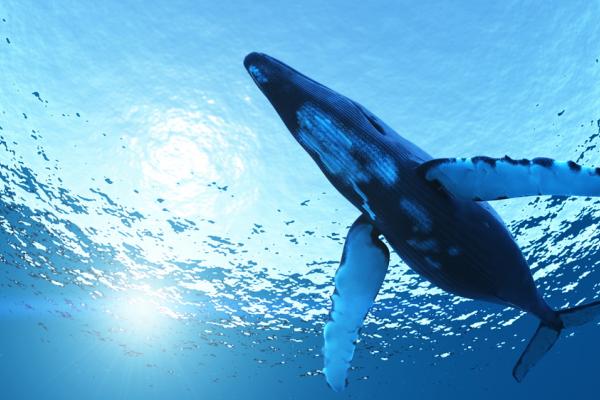I created my SOLE space by providing one desktop computer per four students, a whiteboard to write questions on, and paper and pens for students to take notes for their sharing at the end of SOLE.
Then I asked a big question — “Why does a blue whale have such an enormous heart?” — and I let the adventure begin. My students began their investigations.
After 40 minutes, they shared their discoveries.
“Blue whales swim all over the world,” said Ki’ara, “So they need a gargantuan heart to be their motor.”
“Blue whales can call to each other over almost a thousand miles,” said Heavenly. “They need a big heart to talk to each other.”
“They swim together in pairs,” said Amare, “So they need huge hearts to care for each other.”
“Yeah,” said Isaac, “That’s true … it takes a huge heart to care for somebody.”
“Kids who are nice to me on the playground must have a big heart like a blue whale,” added Aydan. “And people who are mean must have small hearts.”
“Hmmm,” I said. “How can we have big hearts for each other instead of small hearts?”
Read the Full Article

